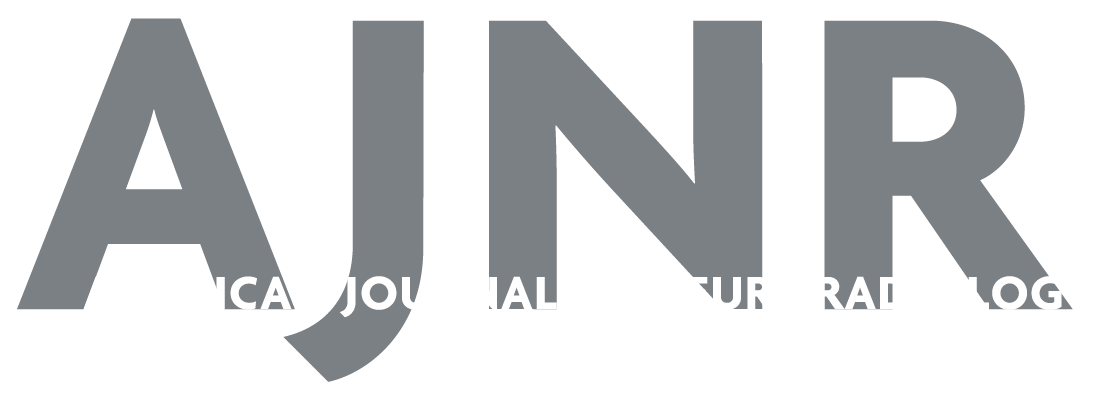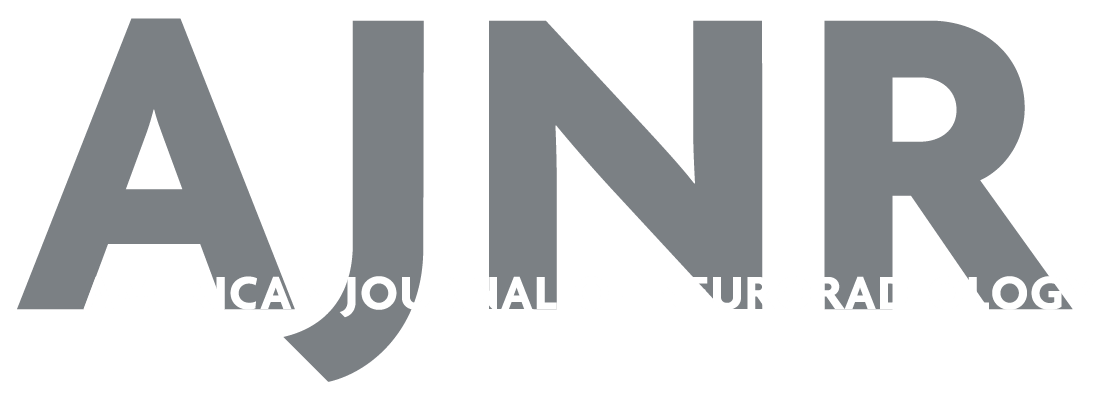Abstract
Seventeen rabbit sciatic nerves undergoing experimental demyelination and 17 control nerves were imaged in vivo with a 0.3-T MR imaging system using a silicone chamber wrapped around the nerves to isolate them from surrounding tissues. Three pulse sequences were used for each nerve: (1) spin-echo 500/28 (TR/TE), (2) spin-echo 2000/56, and (3) inversion recovery 1000/300/30 (TR/TI/TE). Image intensity data were acquired for each nerve by placing a region of interest over the nerve and measuring pixel brightness within the region of interest by means of a computer algorithm. The mean signal intensity of the experimental nerve was then compared with the mean signal intensity of the contralateral control nerve on the same image. Histologic sections of the nerves were stained with Loyez’s stain for myelin and thionin for glial cells. MR findings were then compared with histopathologic data. Experimental nerves showed distinct stages of demyelination. Two fundamental observations were surmised from the data: (1) Perceptible MR signal changes are associated with early nerve degeneration, in which there is demyelination in the absence of glial cell proliferation; these changes are appreciated as increased intensity on heavily T2-weighted sequence. In these nerves no signal changes are seen on T1-weighted sequences. (2) Perceptible MR signal changes are associated with more advanced nerve degeneration, in which there is an increase in the number of glial cells in the absence of further demyelination; these changes are appreciated as decreased intensity on T1-weighted sequences and markedly increased intensity on T2-weighted sequences, respectively.
The results show that MR can distinguish stages of demyelination in degenerating nerves, thereby providing a powerful method for the diagnosis and characterization of demyelinating disease.
- © American Society of Neuroradiology











